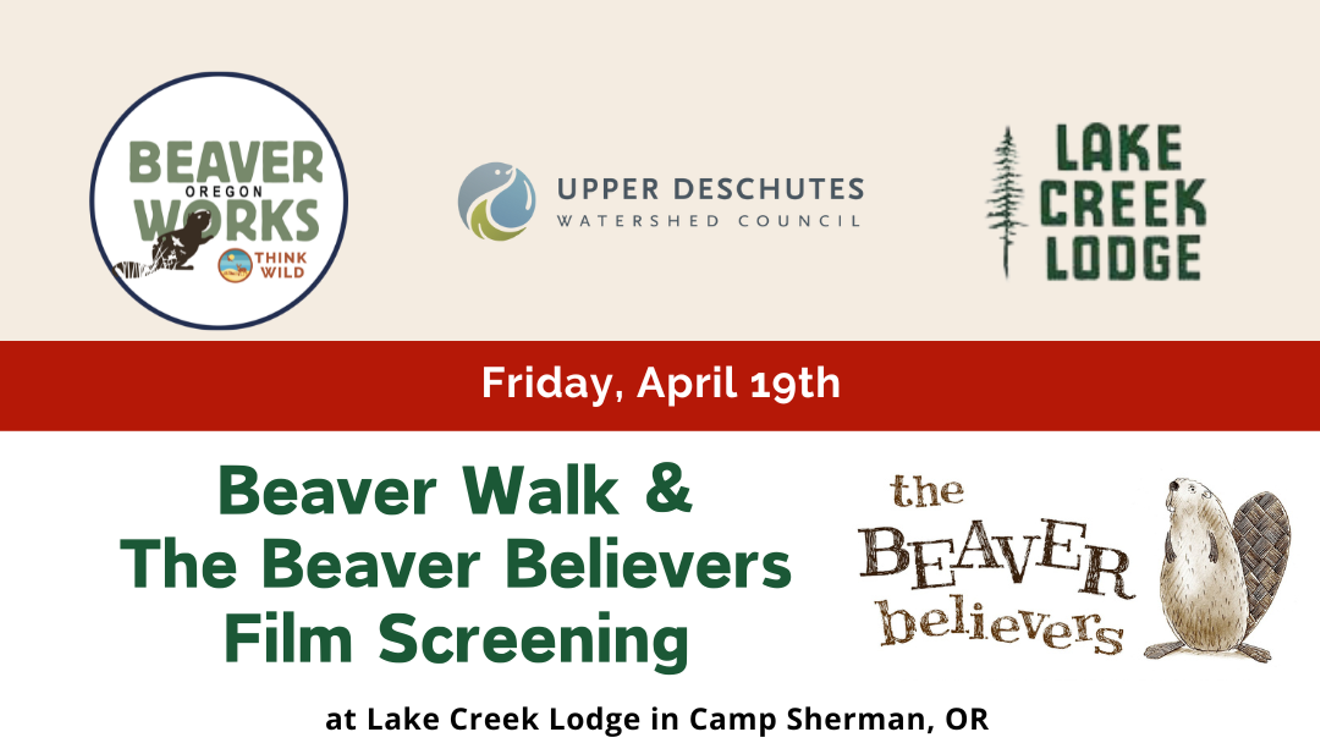It's been said that burros, beans and brawn won the West. Now, organizers of the Democratic National Convention are weighing whether iconic images of the Old West should be used to market the event in Denver this summer. The debate is not without significance. Democrats, who have been unable to gain a foothold in Southern states in recent presidential elections, have begun portraying the West as the "New South." And donkeys have an honorable history in both the West and the South. The donkey has been associated with the Democratic Party ever since Andrew Jackson, a Southerner, adopted it as a symbol when he ran for president in 1828. Originally assigned to Jackson by the opposition in an attempt to brand him a jackass, Jackson turned the icon to his advantage and won the presidency by a large margin. By the late 1800s, the donkey was firmly established as the party's official symbol. In this spirit, Democratic leaders at the National Western Stock Show in January chose a donkey to serve as the official mascot for the convention. The selection of a burro called "Mordecai," owned by sometime Democratic political candidate Curtis Imrie, brought lots of media attention.
Those of us who know donkeys - I've raised and trained several over the last quarter-century, but hesitate to use the word "owned" - know that their stubbornness isn't just obstinacy; it's caused by the human's failure to grasp their intelligence and cautiousness. Donkeys also can be quick and strong, and many possess an uncanny courage and endurance - all necessary qualities for any candidate.
The Democratic National Convention will take place within weeks of a competition that features donkeys - the 60th running of the World Championship Pack-Burro Race in Fairplay, Colo. This race of man and beast, which has been held every July since 1949, is a 29-mile trek from the tiny town of Fairplay to the summit of Mosquito Pass and back again. Racers and their burros encounter 3,000 vertical feet of climbing, rocky roads, icy streams, spongy tundra, a rough-and-tumble trail up a talus slope, and little available oxygen. It's been called the "World's Longest, Highest, Roughest, Toughest" race, which makes it sound a lot like this endless contest for the Democratic nomination for president.
The Democratic Party chose well: Mordecai won this race in 2006. Yet the Denver Post recently called into question the use of such Western icons like Mordecai in promoting the Democratic Convention. Dean Singleton, publisher of the Post and chief executive of MediaNews Group Inc., reportedly threatened to yank financial support from a media-welcoming party before the convention. The reason? Some organizers, including the rancher and Colorado Sen. Ken Salazar, D, proposed a cattle-drive parade to kick off the convention, and others are considering holding an exhibition rodeo during the event. Singleton himself may be involved in ranching, but he'd rather not give the media its first impression of Denver as a cow town.
But if Denver isn't a cow town, exactly what is it? The city was founded as a mining and ranching center. Wash away that history and, frankly, a rural guy like myself might see a smoggy, sprawling metropolis with no apparent point to it at all. Or perhaps Denver has become the center of oil and gas well drilling, and a plume of smoke could be the convention's symbol.
Meanwhile, in Fairplay, where pack-burro racing was born to commemorate the burro's role in helping settle the West, Dale and Kathy Fitting, owners of the Hand Hotel, have sweetened the purse this year with a couple of thousand dollars of their own money. The Fittings' generosity underscores an understanding of the Western culture represented by these animals and this peculiar event.
It also represents the acceptance of the burro in both the Old and New West, where many people have gained a modern appreciation for these animals not only as good pets, but also as sturdy backcountry packers and saddle animals.
Our changing Western culture brings us to the ultimate irony in all of this: No burro cares about political parties or elections or Western lore. The donkey simply focuses on the task at hand, whether it's grazing, packing a load, defending its territory, or simply basking in the spring sunshine. If Democrats can muster the beans and the brawn, the right burro could carry the nominee across the West and back to the White House.
Hal Walter is a contributor to Writers on the Range, a service of High Country News (hcn.org). He is a journalist, six-time world champion pack-burro racer, and the author of Pack Burro Stories. He lives in Westcliffe, Colorado.





















